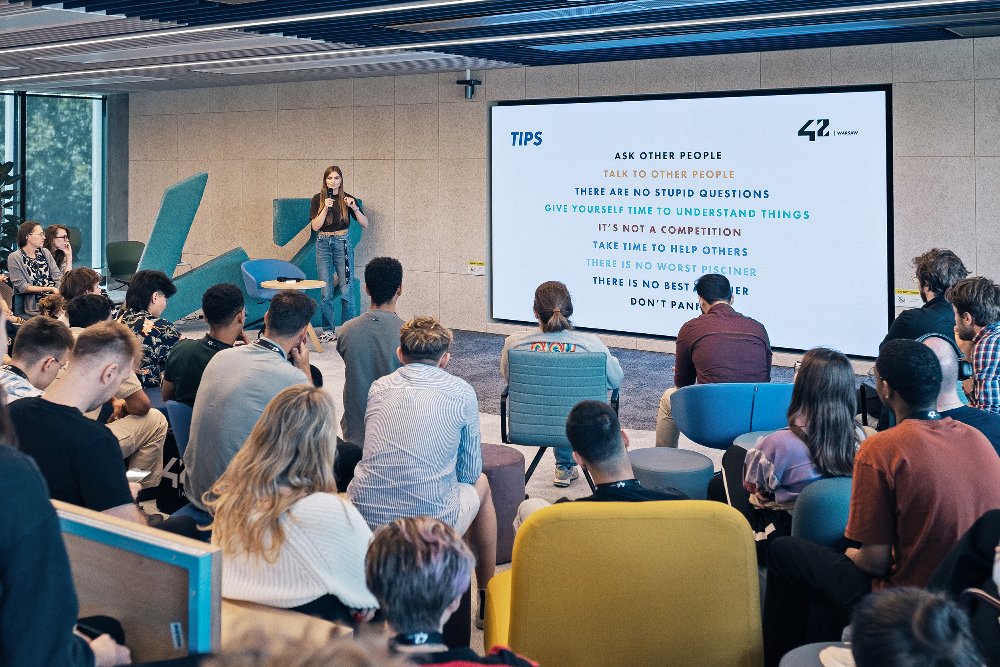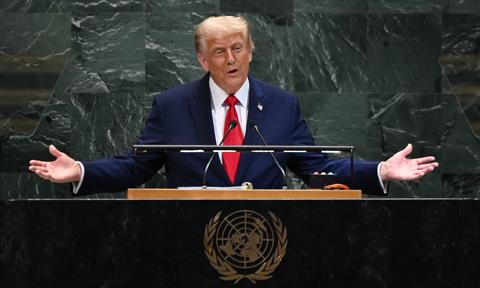Optimus‘ image, tarnished by poor financial results and the fact that the company was almost forced to withdraw from the Warsaw Stock Exchange, suffered another blow when the company‘s current president, Piotr Lewandowski, and former president Michał Lorenc were arrested by the Central Investigative Bureau (CB�) last Monday. Both were released later in the week on bail, but they were placed under police surveillance and are not allowed to leave the country. They will face charges of conducting activities detrimental to the company.
The allegations
The roots of the current events can be traced back to what happened in the company last June and July. The former chairperson of Optimus‘ supervisory board, Barbara Sissons, alleges that the supervisory board‘s June 1 decision to carry out a D-series share issue without the right of first refusal was falsified, as she claims the decision never took place. The prosecution has accused Lewandowski of preparing the document which led to the issuing of 3.9 million shares. These shares were released, not in a public offer as was initially planned but through a private issue. The president has denied the charges, for which he could face up to five years in jail and a fine.
The D-series shares (30 percent of the company‘s capital) fell into the hands of Michał Dębski - the president of Zatra, a production plant belonging to Optimus Group. Dębski became the company‘s main shareholder and called a new supervisory board, which in turn called a new management board with Lewandowski (the former director responsible for strategy) as president and Lorenc (the former president) as vice president.
The next steps
Now the court can annul the registration of the D-series issue in the National Court Register (KRS). The case will start on Thursday. If it turns out that the shares are not valid, this could lead to the annulment of all decisions made by shareholders from the moment the capital was raised in June. That would include the changes in the supervisory and management boards. What would that mean for the company? „It would be in trouble just like it was before,” says Tomasz Kaczmarek, Dom Maklerski BZ WBK‘s investment adviser. He adds that the previous largest shareholder, Zbigniew Jakubas, would regain power over the company and would probably call a new board and then think about issuing shares.
On one hand, the company is afraid to act as any decision could soon become illegal. However, the firm needs to move fast to resolve its poor financial situation. In Q3 2006 the company had a zł.3.9-million loss, in comparison to a loss of zł.2.8 million in the corresponding period of 2005. In Q2 2006 it had made something of a recovery, posting a loss of zł.1.1 million in comparison to zł.2.1 million the previous year. Following his release on bail Lewandowski underlined that „the arrest took place when the company began to stand on its own two feet.”
Lewandowski claims that the company‘s revenue capital needs to be raised to zł.25 million. „This is our number-one priority � We can‘t think of rebuilding the company without revenue capital,” the president says. Furthermore, the company has an zł.8-million debt to pay to Bank BPH. „This is an emergency issuing,” Lewandowski said two weeks ago, during a meeting with shareholders in which he appealed to them to vote in favor of the new share issue which would bring the company zł.39 million. He claimed that if the issue didn‘t take place the company would probably face insolvency.
Battered brand
These latest scandals have battered an already tarnished brand. „The image is in such a shape that changes, new blood could do the company well,” Kaczmarek claims.
Adam Zajler, an analyst with Millennium Dom Maklerski (MDM), says the current scandals have blurred the company‘s poor financial situation. „Solving the criminal aspect won‘t heal the company,” he adds. „The company‘s brand certainly has value, but the question is if the company is worth anything without the brand,” Zajler posits.
As for the zł.8-million debt to BPH, both analysts claim that the bank is in a difficult situation itself. It isn‘t interested in the company‘s downfall since it would then lose its money. „It will be interested in some kind of support for the company,” Kaczmarek says.
Analysts are unsure if investing in Optimus would be wise at the moment. Kaczmarek calls it „very risky.” Zajler thinks that even with additional capital the company could be lost. „I think the company has crossed the point of no return, a point after which it is getting dangerously close to bankruptcy,” the MDM analyst claims. He underlines that the company still hasn‘t made a profit and investing money in it could be risky. „I wouldn‘t recommend it,” Zajler says.
CEO: Piotr Lewandowski
Strengths:
Strong brand name
Polish IT market is growing at a double-digit rate annually
Weaknesses:
Pending court cases and unresolved ownership structure
Poor financial results
Michał Pakulniewicz
IT producer Optimus made the headlines at the beginning of this decade when tax regulations nearly led to its downfall. In its struggle to recover, the company has made the papers again, but certainly not in a way that will please its board and shareholders.
























































